We can't destroy the inequities between men and women until we destroy marriage
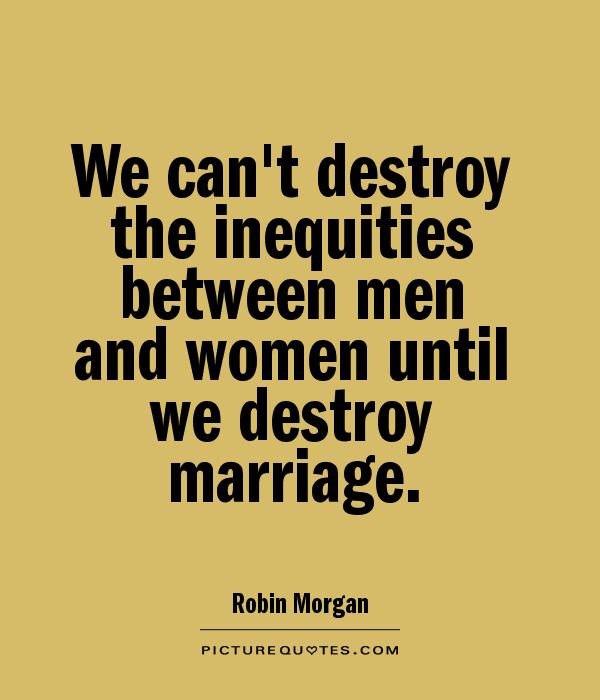
We can't destroy the inequities between men and women until we destroy marriage
Robin Morgan, a prominent feminist writer and activist, once famously said, "We can't destroy the inequities between men and women until we destroy marriage." This statement has sparked much debate and controversy within feminist circles, as it challenges the traditional institution of marriage and its role in perpetuating gender inequalities.Morgan's words highlight the deep-rooted patriarchal norms and power dynamics that are often embedded within the institution of marriage. Historically, marriage has been a tool used to control and subjugate women, relegating them to the role of wife and mother, while men held the power and authority within the household. This unequal distribution of power has led to the perpetuation of gender inequalities, with women often being marginalized and oppressed within the confines of marriage.
Furthermore, marriage has been used as a means of enforcing traditional gender roles and expectations, with women expected to fulfill domestic duties and care for the family, while men are expected to be the breadwinners and decision-makers. This division of labor has limited women's opportunities for personal and professional growth, trapping them in a cycle of dependency and subordination.
By advocating for the destruction of marriage, Morgan is calling for a radical reimagining of relationships and partnerships between men and women. She argues that as long as marriage exists as a social institution, it will continue to reinforce gender inequalities and limit women's autonomy and agency. Instead, she proposes a more egalitarian and equitable model of relationships, one that is based on mutual respect, partnership, and shared decision-making.
While Morgan's words may be seen as controversial and radical, they serve as a powerful reminder of the need to challenge and dismantle the structures that perpetuate gender inequalities. By questioning the institution of marriage and its role in shaping gender dynamics, we can begin to envision a more just and equitable society where men and women can truly be equal partners in all aspects of life.
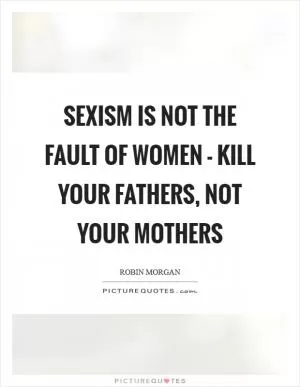
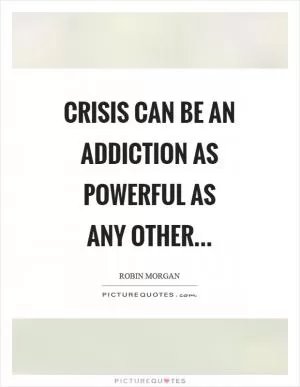

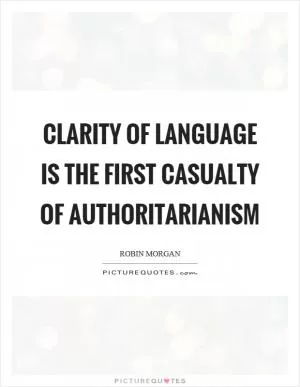
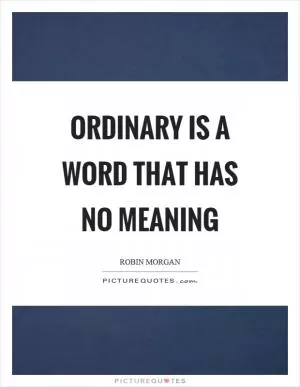
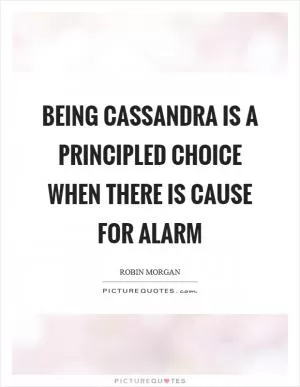
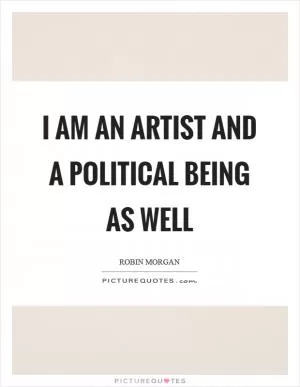
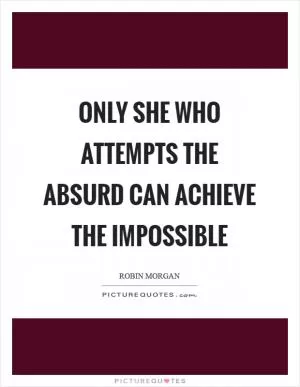

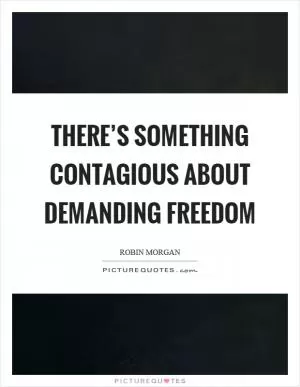
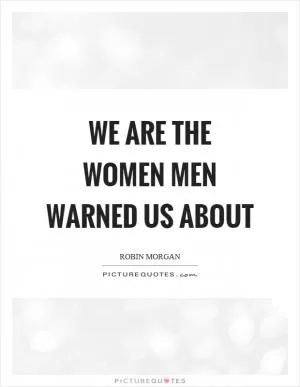
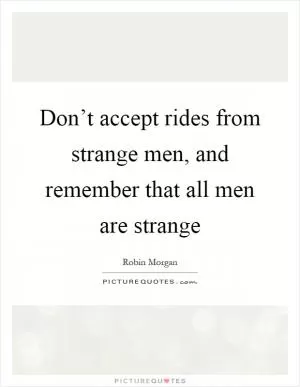
 Friendship Quotes
Friendship Quotes Love Quotes
Love Quotes Life Quotes
Life Quotes Funny Quotes
Funny Quotes Motivational Quotes
Motivational Quotes Inspirational Quotes
Inspirational Quotes